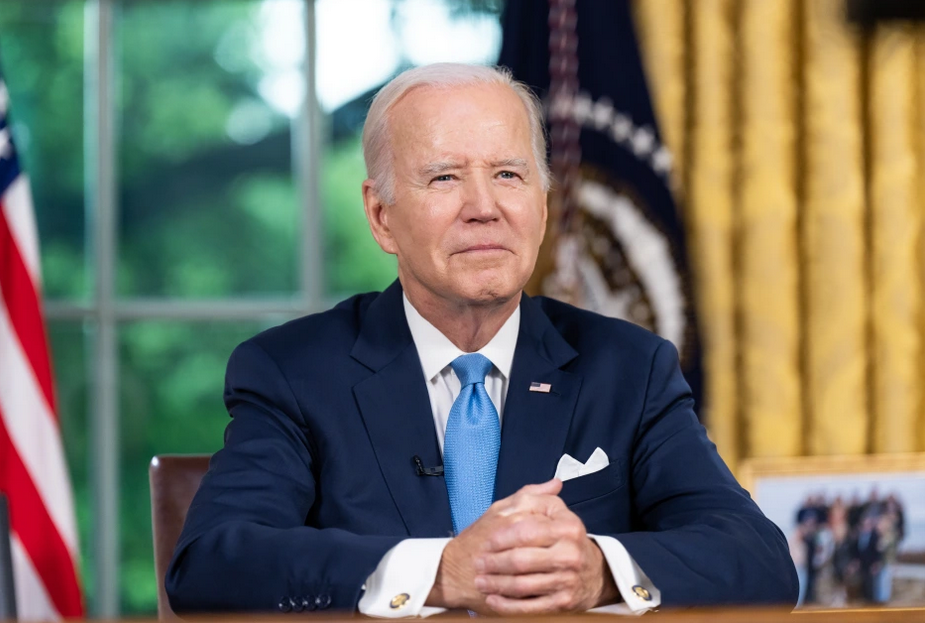The Biden administration finds itself under fire as critics raise concerns over a reported plan to provide $17 billion to the Islamic Republic of Iran, a known state-sponsor of terrorism. This funding aims to reach a controversial agreement that would impose temporary restrictions on Iran’s illicit nuclear program and secure the release of American hostages. The potential deal has sparked intense criticism, with Senator Ted Cruz leading the charge against President Biden’s Iran policy. As the situation unfolds, questions are being raised about the administration’s approach and the potential consequences of such an agreement.
Biden administration under fire for Iran nuke and hostage deal that could net regime billions https://t.co/MSIHr4wgKX
— Fox News (@FoxNews) June 8, 2023
Senator Ted Cruz, a Republican representing Texas, has been vocal in his criticism of President Biden’s handling of Iran’s nuclear program. He argues that when Biden assumed office, Iran’s nuclear program was contained, and its economy was struggling. However, in Cruz’s view, the administration has turned a blind eye to Iran’s nuclear advancements and its role as Putin’s top military supporter. He further claims that Biden has been indirectly funding both sides of the war in Ukraine, making it unsurprising but deeply troubling if billions more were openly sent to the Ayatollah.
The concerns raised by Senator Cruz come on the heels of a report from Iran International, an independent news organization based in Washington D.C. According to their sources, a deal between the United States and Iran regarding sanctions relief might be imminent. While details remain undisclosed, the potential agreement has generated significant controversy due to Iran’s track record as a state-sponsor of terrorism.
The reported willingness of the Biden administration to provide $17 billion to Iran, in addition to the potential sanctions relief, has ignited a firestorm of criticism. Senator Ted Cruz’s remarks highlight the concerns surrounding President Biden’s Iran policy, suggesting that the administration’s actions might inadvertently support and empower an adversarial regime. As the negotiations continue, the American public remains divided on the best approach to dealing with Iran’s nuclear program and addressing the concerns posed by its sponsorship of terrorism.

